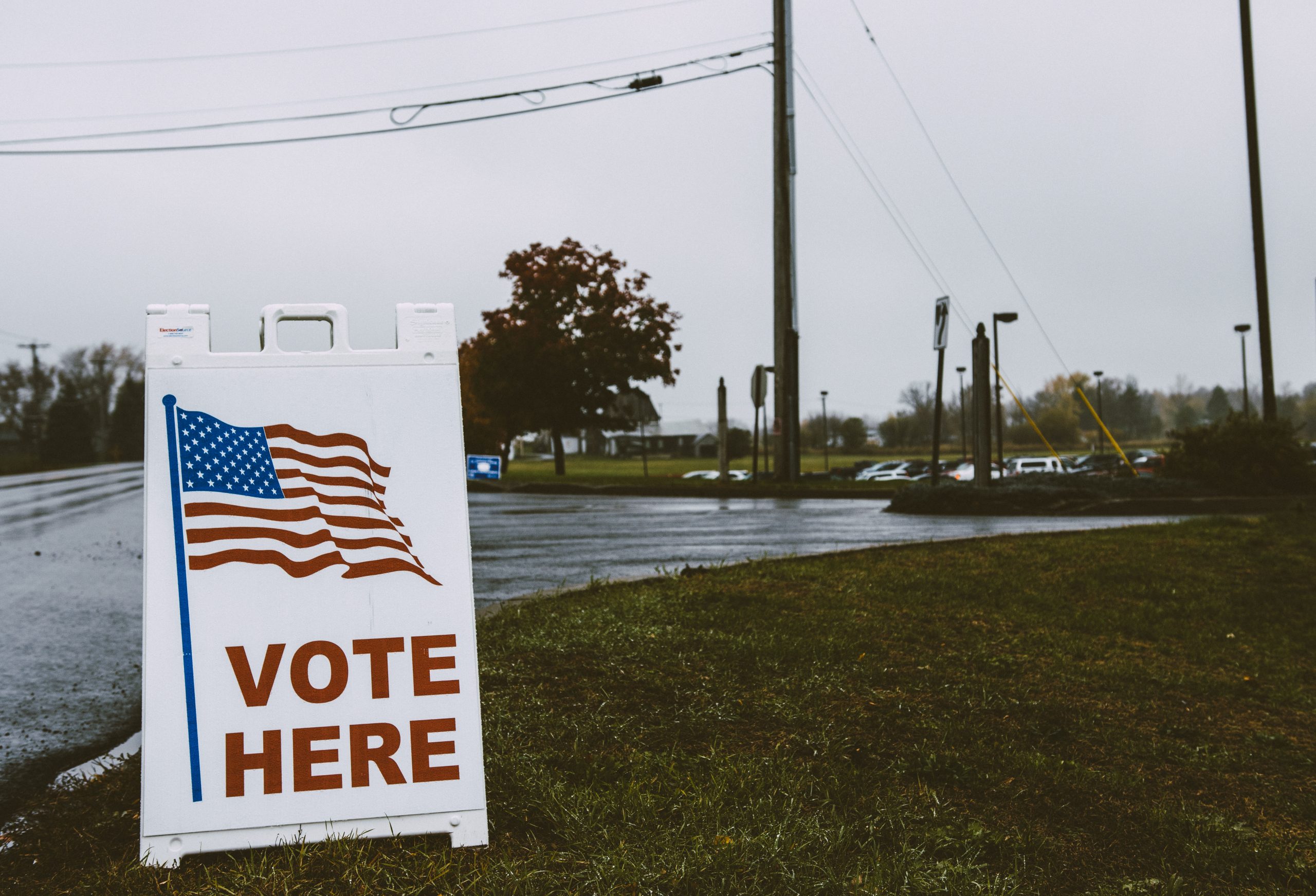Mature and open conversations — I’m sure we would all like to think we’re capable of them, but during an election season where people’s lives and rights are on the line it can often be easier said than done. I sat down with Thelmo Secretary Hana Kusumi ’23 to discuss how she approached a political discussion with a peer whose views were in opposition to her own.
Tina Luchetta (TL): What about your conversation at the Pub inspired/prompted you to reach out to The Hill News?
Hana Kusumi(HK):I was at the Pub with my friend, and her friend came over and sat with us. This friend started talking about the election and in a lower voice said, “I voted for Trump.” There was no yelling, but my friend asked, “Really?” This then prompted us to ask why he voted for Trump. The current climate we’re in often leads to a screaming match when people talk about who they voted for — just negative feelings towards one another. But we talked for about 45 minutes and there was no animosity. At the end of the conversation we ended up learning more about each other and about different perspectives. And I think that is so important, especially during this election week. I just wanted to share how it’s possible to have conversations like that on campus when both sides are willing to listen to each other.
TL: This election season seems particularly tense. How did you avoid animosity in your conversation?
HK: I think it’s important to listen before talking and wait to speak until the other person has finished because it can seem hostile if you immediately interrupt because they will go directly to the defensive. So when he said, “Oh, I voted for Trump,” I would take a deep breath, and my friend and I asked, “Why did you vote for Trump?” He responded, “I don’t know. He just seems better fit to run than Biden.” We obviously didn’t agree, but we just sat down, took a deep breath and asked him to explain why he thought that way. It was more question for question, instead of forcing facts or opinions on to him. It was about asking his side, never belittling his views and own experiences, and I think that allowed us to avoid any animosity.
TL: Did the conversation lend any insight into why people vote for Trump or Biden?
Before this I assumed that everyone who voted for Trump was blatantly racist, but after the conversation I think it’s more complex than that. People who voted for Trump, regardless of any of his actions the past four years, are people who are not negatively affected by Trump’s reelection, or they don’t know anyone who is negatively affected by them. And yes that is obviously a huge privilege, but there’s no benefit to attacking them for voting for Trump when you could spend that time educating them. I don’t think it’s as black and white as I thought it was before this conversation. I think I had a difficult time recognizing people who don’t believe in white privilege, but to put it in perspective, if a low-income white person was constantly told they were privileged (even though race and economic privilege are two separate things), I can understand their apprehension. Empathy is the most important thing.
TL: What significance do you think such conversations have for the SLU community and our society as a whole?
- We should shy away as kids in college from having dead set political views- most of us haven’t even personally filed for taxes yet… we should be open-minded and continue to learn through discussion. To be honest, I don’t identify myself with either parties. But the more discourse and yelling to force them to change their opinion will only make another more adamant in their own views. When people vote for a presidential candidate, they might not know what that entails, like appointing the cabinet or nominating supreme court justices. Saying stuff like, I see what you mean, but can you see how this presidential candidate could negatively impact this group of people? This type of conversation will reduce the hostility around politics at SLU- especially because a liberal arts college already has a reputation for being “too liberal.” Having these conversations amongst the students will let both sides share their perspective, and both feel heard, instead of forcing information, drifting both sides further apart.
TL: Regardless of which path the election takes do you have any advice for students following the results?
We all need to recognize that the country is more divided than ever before. This isn’t some game where one side loses and one side wins. And I don’t even think it’s the left versus the right. It’s people with empathy versus people without it. If Biden wins, that doesn’t solve racism in this country, and if Trump wins… well, I don’t even want to think about that right now. I think we will feel relief if Biden wins, but this is just the start of the work all of us Americans need to do to bring this country back together. Right now, the country is waking up to the blindness of our privilege and finally addressing systemic and blatant racism and biases. Biden winning would be the momentum this country needs to legislatively address the deep-rooted issues of America. So instead of going on the offensive and attacking the right, it is the most essential time to respectfully engage in civic dialogue, because this might be our only chance. And if Trump wins and you voted for him, I hope your first reaction is not finding enjoyment out of people’s reactions. Instead of finding entertainment at kids upset on campus, I hope you try to understand the reason why they are upset and how Trump’s reelection negatively affects them and their loved ones.



